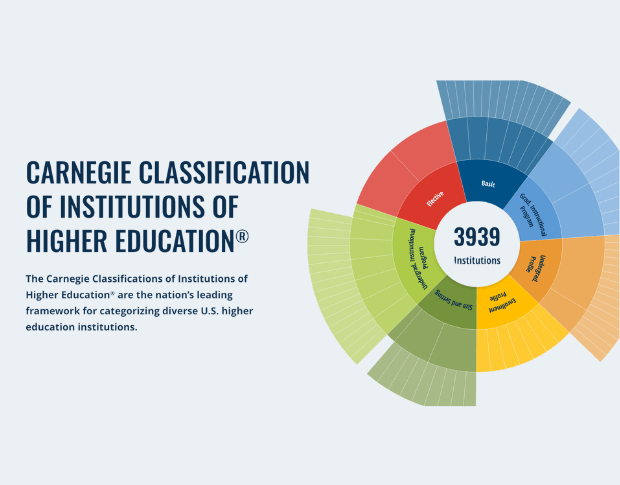0. A New Perspective of School Attendance in the UBC Network During the Pandemic*
Sponsored by Fundación Educacional Oportunidad, Santiago, Chile
In 2021, the COVID-19 pandemic affected the education of thousands of students. Fundación Oportunidad and UBC Network designed a new perspective on school attendance, focusing on students’ participation in activities both in virtual and in-person modalities in order to keep them connected with schools and prevent exclusion. The poster describes how the network managed to increase participation.
Pablo Muñoz, Continuous Quality Improvement Director, Fundación Educacional Oportunidad
*Only available on the Summit Web Platform





